Masterclass on Self-Custody: Your Keys for Financial Freedom
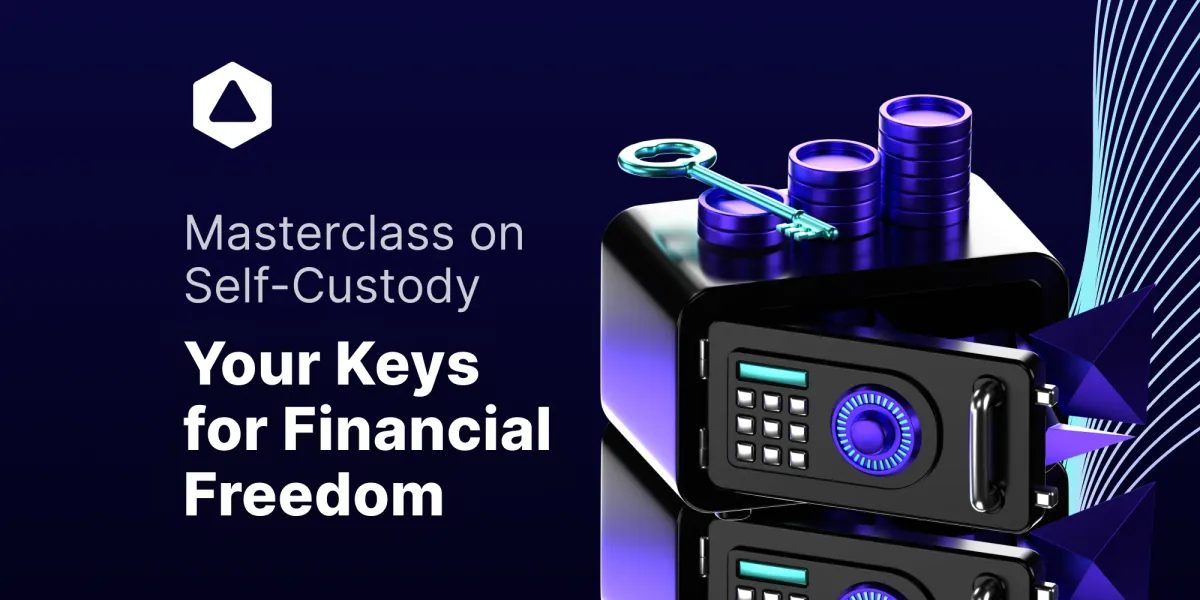
Crypto has taught us that in the world of digital finances, understanding who technically owns our money is not only important, it is crucial! You may already know that the money in your bank account belongs to the bank. The same goes for your crypto on exchanges or brokers where the custodians can often do what they want with it behind the scenes.
In this blog post, we're going to explore what cryptocurrency custody is, how to test your own self-custody level, and help you figure out how to really be your own bank.
What is Self-Custody in Cryptocurrency?
To put it simply, self-custody is when YOU hold the private key of YOUR cryptocurrency wallet. This means that only you will have the power to move your coins or tokens out of any wallet addresses associated with that private key.
The concept of self-custody is so deeply ingrained in the crypto ethos that it forms the fundamental security principle of wallets. But on the flipside, the primary disadvantage of self-custody is the responsibility that comes with it. If you send your crypto to the wrong wallet address, there is no refund. If you lose access to your private key, you could lose your cryptocurrency forever! Don't be that guy.
One mystery solved: This address (which now holds $450M of crypto) belongs to Rain Lohmus, founder of LHV Bank
— Conor (@jconorgrogan) November 6, 2023
Unfortunately he lost his keys and can't access these 100s of millions. If you can help him recover them somehow, he's willing to split them with you https://t.co/wYLAU9gKzb pic.twitter.com/0A1nIjFSyn
Cross-Border Asset Transfers
Crypto in its core offers financial freedom. Due to the ease of transportation, it comes quite handy for individuals moving from one country to another. Unlike a bank account or real estate, which can't, even with the best of intentions, be physically moved, crypto can be carried on a device like a phone, computer, hardware wallet, or even be remembered.
This means financial freedom when individuals can travel and always be sure they have their money, simply by memorizing their keywords. There are no limits on the movement of capital if all you have to remember is your keys. But with this great power comes an even greater responsibility.
Learn how to transfer your digital assets securely with our comprehensive guide on Migrating Your Wallet to the Bitfinity Wallet.
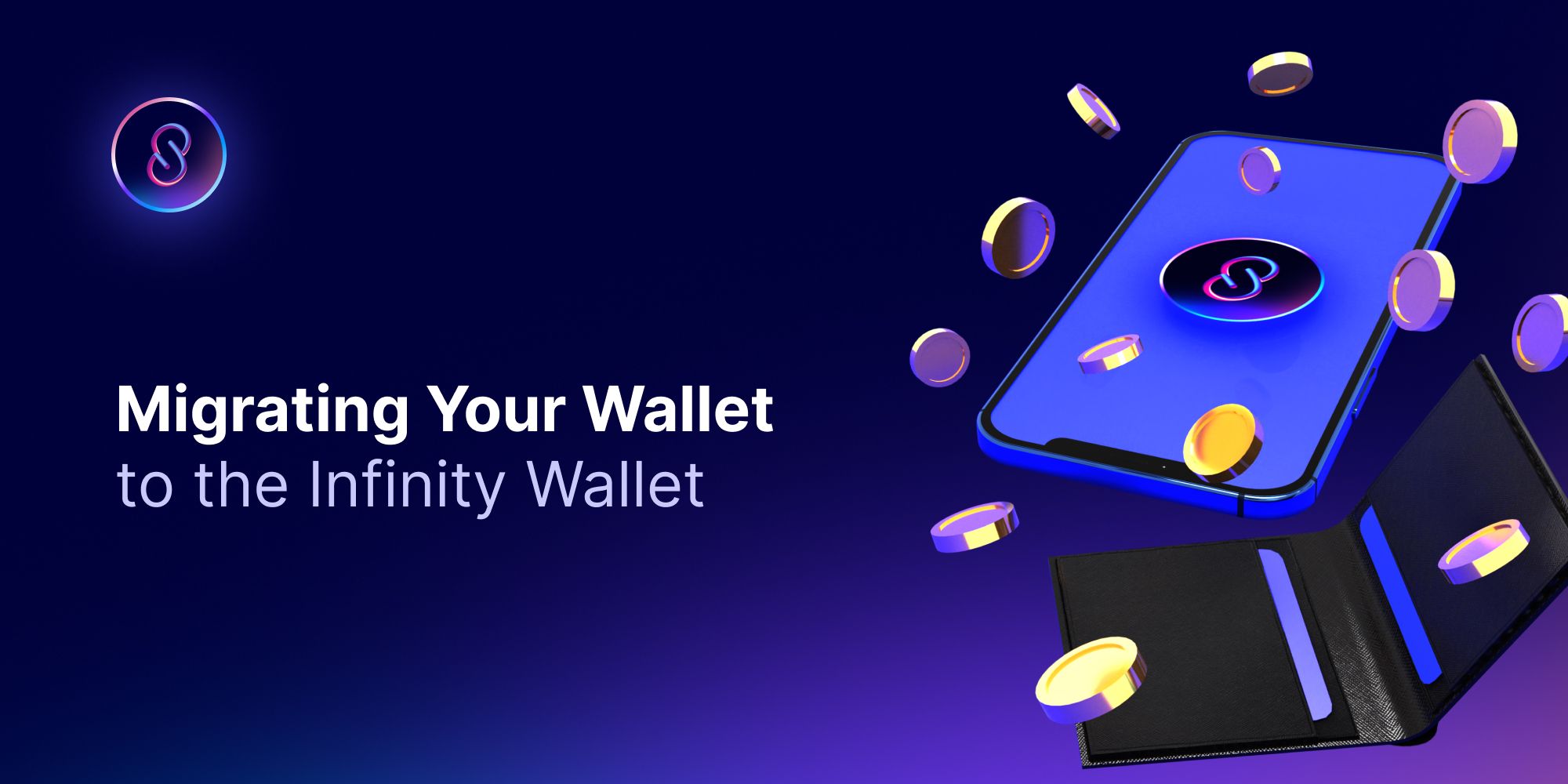
Impact of Exchange Collapses Impact to Self-Custody?
We know that the frequent collapses of exchanges and custodians creates new narratives for the whole of crypto. As history keeps repeating itself and we start to see patterns, where people who trusted their digital assets to centralized parties were duped in the end and are now, if lucky, still waiting on many payouts which can take years to finalize.
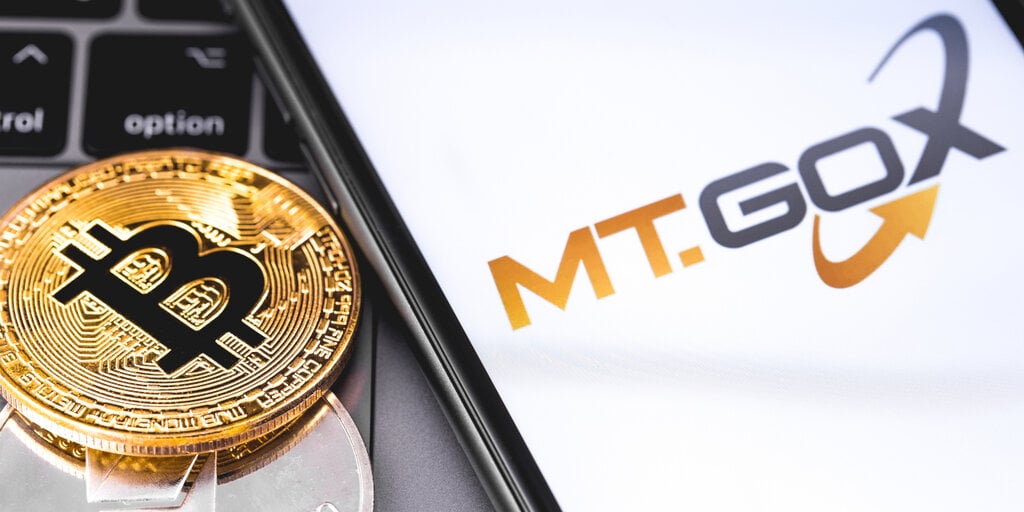
The frequency of these events and the many stories of permanent financial tragedies have coined and highlighted the phrase "Not Your Keys, Not Your Coins."
Understanding The Wallet Terminology
But first, let's break down some of the basic terminology associated with crypto wallets:
- Seed Phrase: This is a set of 12 or 24 words given to you when you set up a wallet. It is your master private key, which can recover your addresses and control your digital assets. Lose this and you are REKT.
- Passphrase: This is an additional word you can add to your seed phrase for extra security. It acts as a 25th word to your 24-word seed phrase.
- Pin Numbers: These are codes you set up when initializing your wallet. They protect your device from unauthorized access, similar to your bank code.
Remember, your seed phrase is as sacred as the holy grail, and it's the most important thing you have to keep secure from others. In simple terms, anyone who has access to these seed words can regenerate your wallet and own your crypto.
Some high net worth individuals go so far as to cut their seed phrase in many pieces and divide them across different safe vaults, all protected to teeth. Because they know anyone who obtains their seed phrase becomes a rich individual.
Others use titanium plates, where they hammer seed words into the metal. These plates are resistant to water damage, fire damage, crushing, and corrosion. However, they still have the ability to get lost, which removes you from accessing your coins as well.

The Current State of Self-Custody
Recent studies suggest that around 60 million people currently practice self-custody in hot wallets, and around 5 million with their favorite cold wallet. However, compared to the overall number of people involved in cryptocurrency, which is estimated at around 400 million, the number of people practicing self-custody is still relatively small but growing.
Risks and Compromises in Self-Custody
Looking at the risks involved in self-custody, choosing to back up your seed phrase or keys digitally or in the cloud introduces problems, even if encrypted or shared. With the latest update to the Ledger Recover function, this risk is exemplified. Is this the result and demand for backups coming from average users seeking assurances, or is it governments wanting more control?
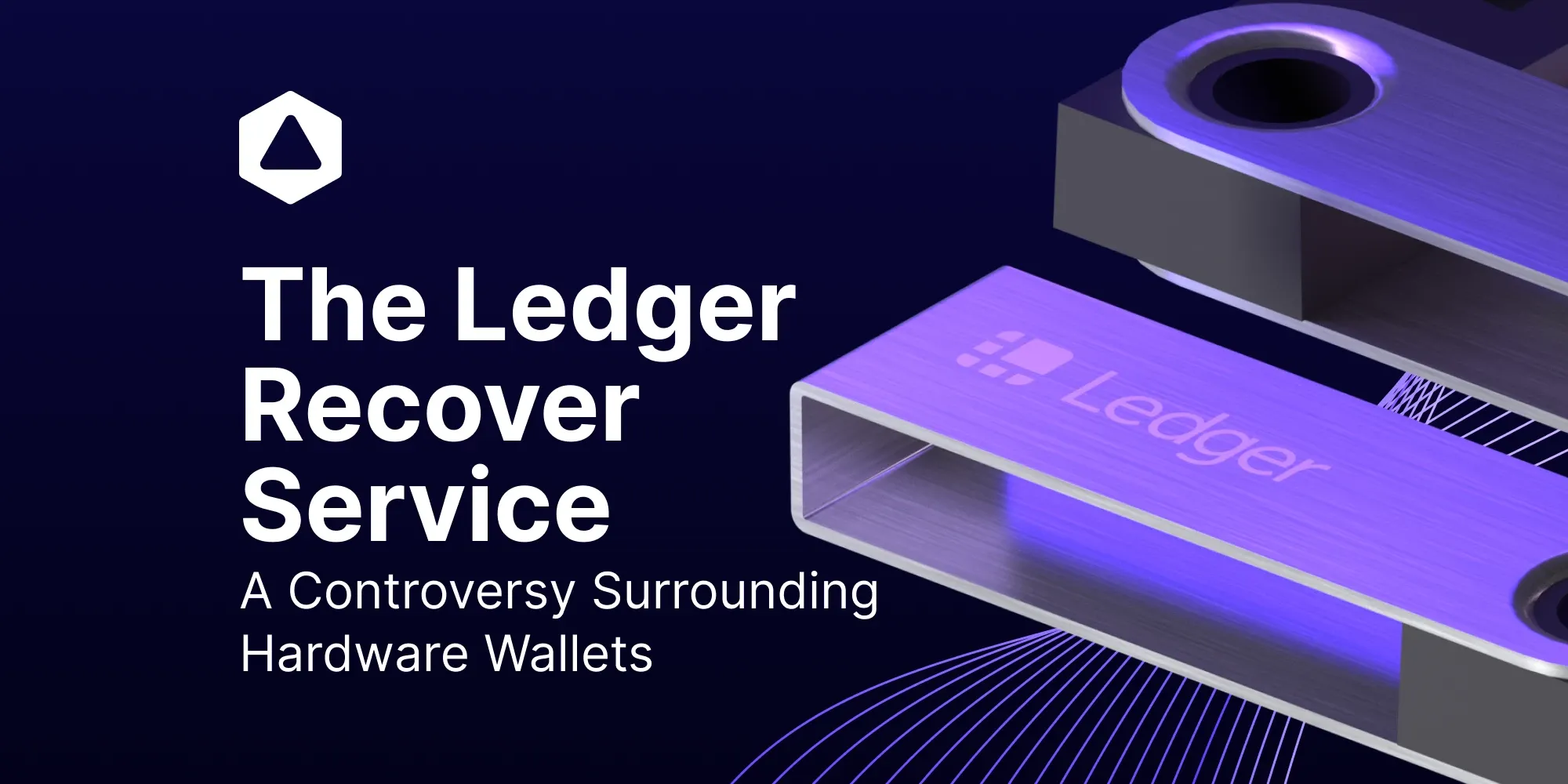
How Important is Transparency in Self-Custody?
Transparency is crucial in self-custody. Products that offer self-custody should be clear about how they work, and customers should be given the power to make their own choices. But still it comes down to blind trust. Most of us can't code and read any of the code.
The open-source products can be checked by people who can, but we still have to believe these people that things check out. We live in a world of trust and the digital world is just the same. We can see our coins on the blockchain and where we stored them, but an update or new version of any product that lets us access them can change the level of security instantly. So keep this in mind and be up to date with your wallet or device.
The good ol’ trust and verify is all good and well, but if you verify and the numbers don’t work out, you have to have control to make decisions. So you have to HOLD the sole entry to your digital assets and have to protect them from falling into the wrong hands.
Putting your Self-Custody to the Test
In the next section we are going to do an emergency response drill for self-custody.
These are crisis scenarios where we are going to walkthrough and perhaps remind you of possible life events, that you don't think could happen but have happened to many crypto brothers and sisters around the world. So follow along and test your ability to keep your custodian guard as high as possible.
💀The “Fake Death” Test 💀
Scenario
Your friend or loved one must retrieve your cryptocurrency as if you suddenly died. No new information can be provided - they can only use what is currently available. This simulates the reality that if you actually died today, they would not have any new notes or instructions from you.
Instructions
- Choose a friend or loved one and explain that you will be simulating this emergency scenario.
- Do not provide them any new instructions or notes - they can only work with the information and access they currently have.
- Have them attempt to retrieve your cryptocurrency portfolio contents.
Discussion
- How did your friend/loved one do? Were they able to access your coins?
- If they succeeded, what information or access proved useful to them?
- If they failed, what were they missing that would have allowed access?
- Does this experience lead you to change anything regarding your crypto acces planning?
🔫 The “Home Jacking” Test 🔫
Scenario
You are faced with 2 or more armed robbers invading your home or office. They are determined to find where you may be hiding any valuables. Assume they will uncover any secret hiding spots and open safes.
Instructions
- Mentally prepare for this scenario - how would you respond in the moment?
- If threatened with violence, how would you protect yourself and loved ones?
- If they find your cryptocurrency storage devices or paper wallets, what would the robbers walk away with?
Discussion
- How did you imagine you would react in an invasion scenario?
- Do you have adequate home security measures in place?
- Would you prioritize safety of life over protecting valuables?

💥 The “Total Loss” Test 💥
Scenario
All devices and records in your home/office are suddenly destroyed - phone, computer, paper notes, everything is sacked.
Instructions
- Turn off all devices and pretend all physical records are gone.
- With no ability to access anything from your home/office, attempt to retrieve your cryptocurrency holdings.
- Do not use any regular recovery methods - simulate a total loss.
Discussion
- Were you able to access your cryptocurrency without home records?
- What potential recovery options did you consider?
- What changes could you make to better safeguard your crypto in a disaster?
- Should you store any recovery data securely outside the home?
🤕 The “Degenerative Disease” Test 🤕
Scenario
Over several weeks, you suffer from an illness, amnesia, dementia or trauma causing total memory loss of your cryptocurrency self-custody system. True 'degen' times emerge.
Instructions
- Pretend you have absolutely no memory of how you stored your crypto, recovery phrases, passwords, etc.
- Consider how you or loved ones might rebuild understanding of your storage setup.
- Identify any existing instructions that could help recover access.
Discussion
- Were you able to imagine rebuilding your custody system from scratch?
- Do you have any instructions to relearn your system if needed?
- What changes could be made to prepare instructions for memory loss?

👮 The “Authoritarian Regime” Test 👮
Scenario
You live under an oppressive government and are accused of a crime for speaking out. State police raid your home, office, bank and safe deposit box. Assume they will find any recovery phrases or private keys stored on the premises.
Instructions
- Consider how police could access cryptocurrency if recovery seeds or keys are found.
- Develop contingencies for this scenario - how could your self-custody be safeguarded?
Discussion
- Should recovery phrases be stored entirely off-site to limit seizure?
- Could mnemonic phrases be cryptically encoded for extra security?
- Is there a way to divide access across multiple key holders?

✈️ The “Flight Risk” Test ✈️
Scenario
Due to political turmoil, you must flee the country in 24 hours. All banks and safe deposit boxes are inaccessible. You cannot transport much beyond what you can carry. Assume you will not return.
Instructions
- Consider how to quickly access and transport cryptocurrency assets.
- Develop a contingency plan for accessing funds from a new location.
Discussion
- Can critical data be memorized or encrypted portably?
- Are there overseas contacts who could provide account access?
- How could holdings be reestablished after relocation?
Engaging in these thought experiments can help strengthen your custodian guard and prepare you for unforeseen circumstances. Remember, your friend or loved one might need to access your assets, your home could be invaded, or you might experience total memory loss. All of these scenarios have happened. What then? It's always better to prepare today than to panic tomorrow.
So, take these tests seriously, discuss the outcomes, identify gaps, and improve your plan. In the world of crypto, it's not just about getting in, it's also about safeguarding your journey.
The Outlawing of Self-Custody
In other bad news; the U.S. is currently contemplating measures that might render self-custody illegal. Causing a lot of stirring up and many speculating on the possible impact on the market and its participants.
Senator Elizabeth Warren of Massachusetts has suggested that those who use self-custody services are likely to be criminals. However, her claim overlooks the widespread use of traditional currency for illicit activities, such as money laundering done by big banks throughout the ages without any jail time for the big players.
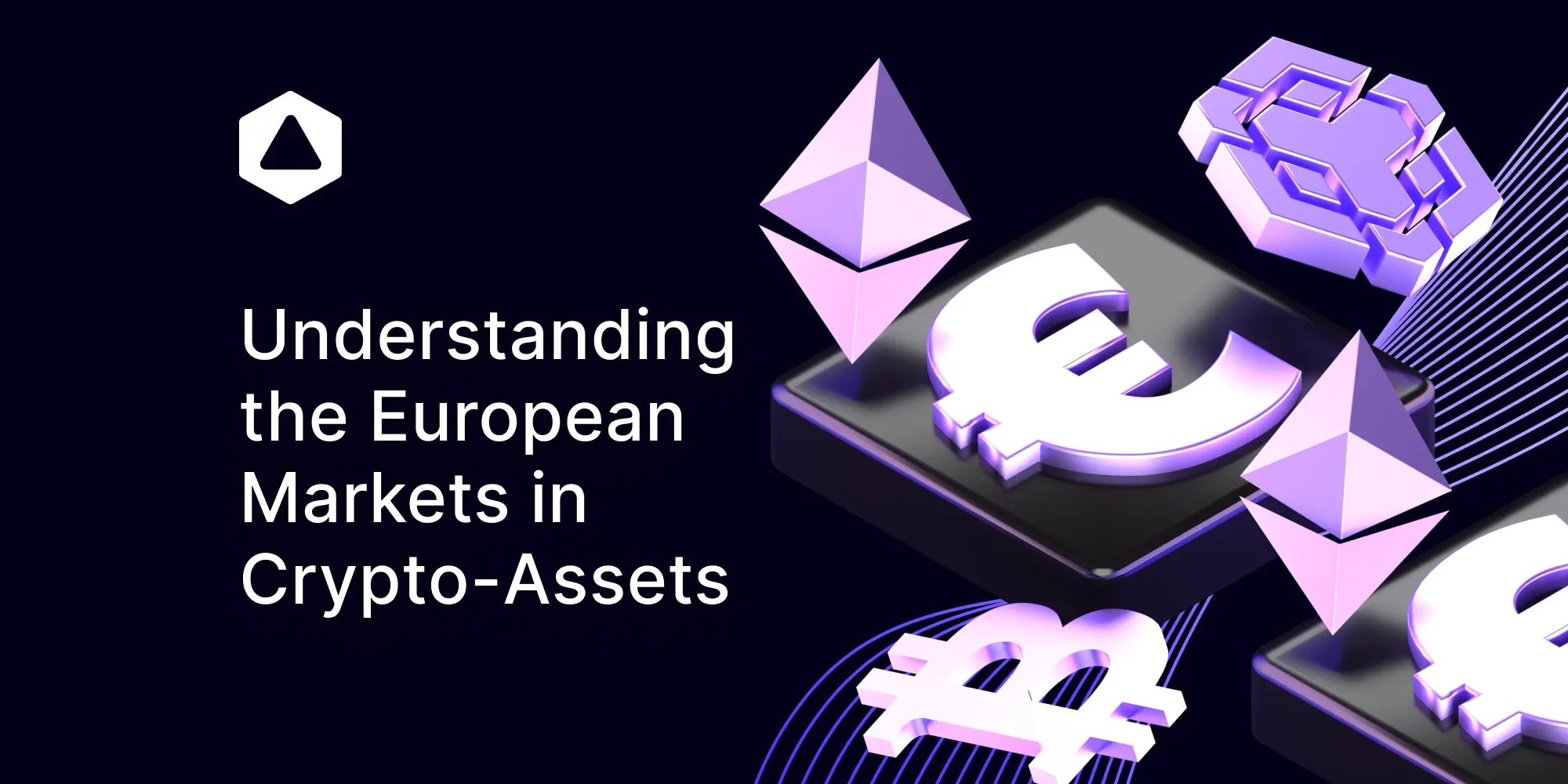
In Europe, it is more of the same, with new regulations and the implementation of the travel rule in the EU (2024) that will require tracing and monitoring of cryptocurrency transfers above €1000. This includes transactions from self-hosted wallets, which could also cause some more problems ahead.
If self-custody were to become illegal, it would not necessarily mean an end to the practice. The crypto industry has shown remarkable resilience and adaptability in the face of regulatory challenges. The threat of such regulation could spur the industry to develop more robust solutions to ensure its survival and will definitely move a lot of people elsewhere, together with their capital. Want to know where to go?
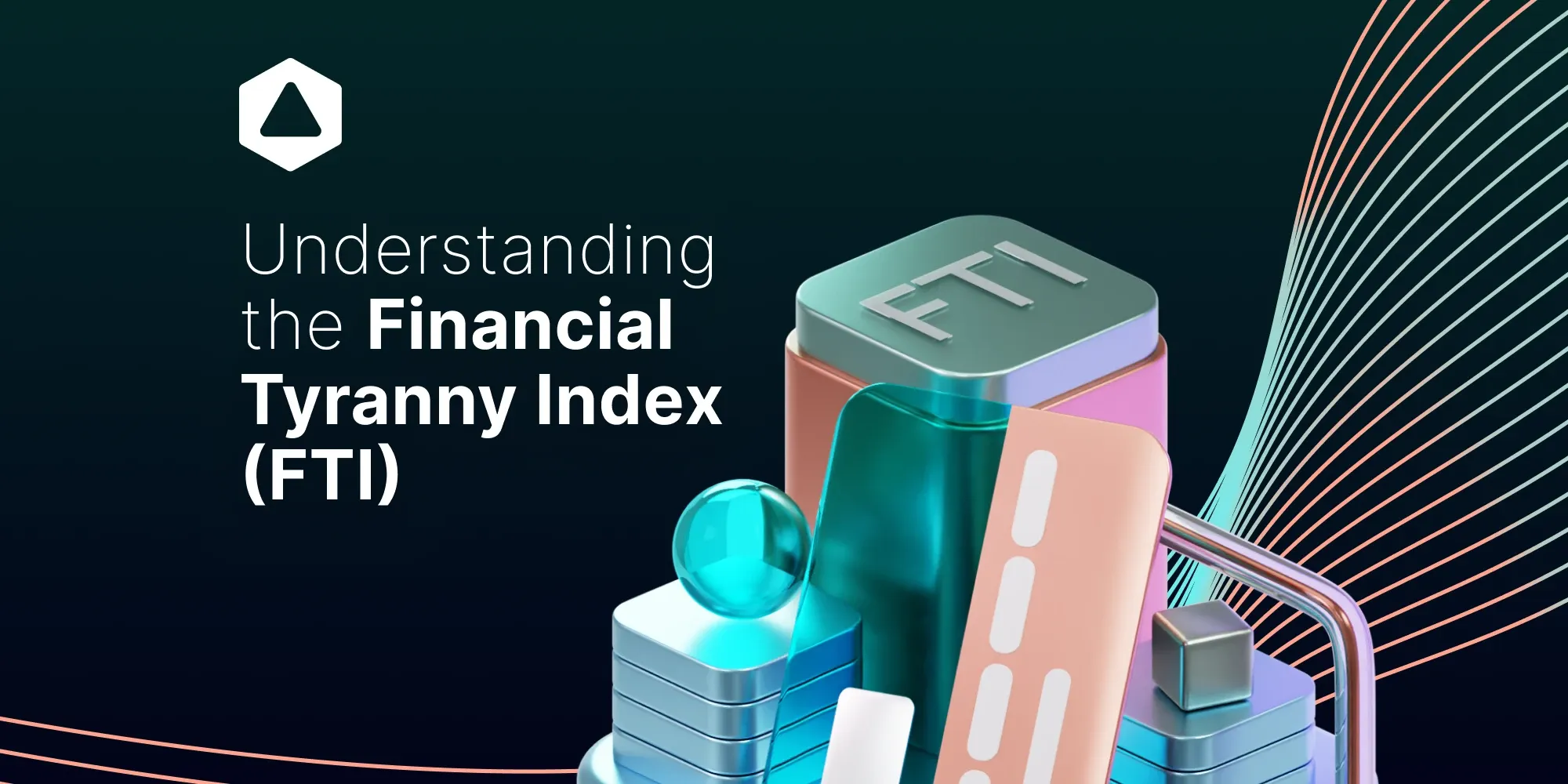
Conclusion
Self-custody refers to the principle of private key ownership. By holding your private keys you get a never-to-be-seen-before control over your assets and ultimately the freedom to move everywhere around the world together with your capital. There are no permissions needed, limits, or KYC; it's truly your financial freedom.
Many have lost it all so don’t be that guy or girl that hasn't taken the right precautions. Think harder and use our possible worst-case scenarios listed above to check yourself before you wreck yourself. Good luck.

Connect with Bitfinity Network
Bitfinity Wallet | Bitfinity Network | Twitter | Telegram | Discord | Github

*Important Disclaimer: While every effort is made on this website to provide accurate information, any opinions expressed or information disseminated do not necessarily reflect the views of Bitfinity itself. The information provided here is for general informational purposes only and should not be considered as financial advice.





Comments ()